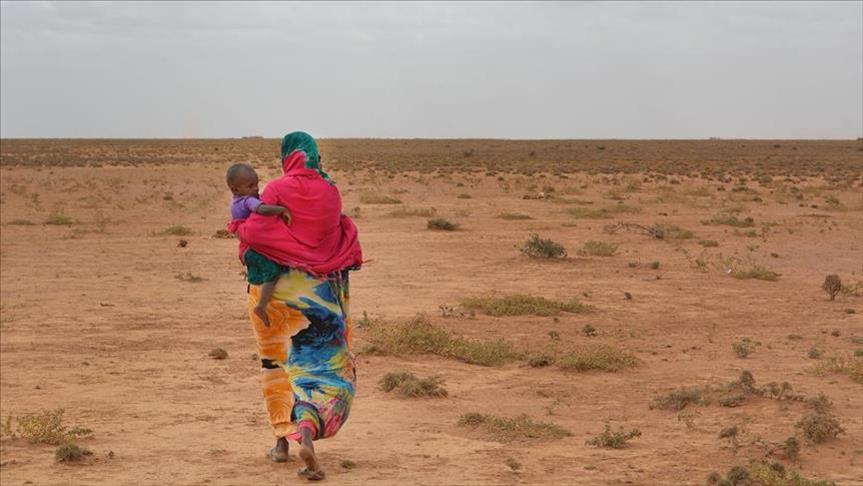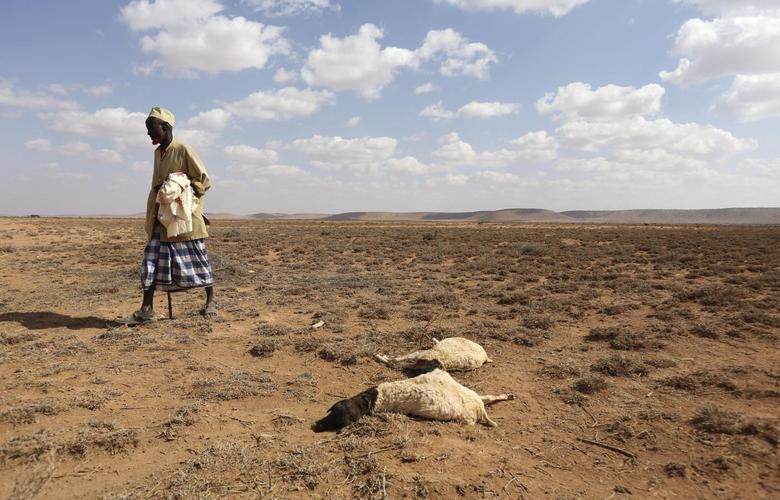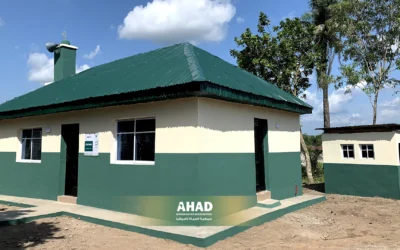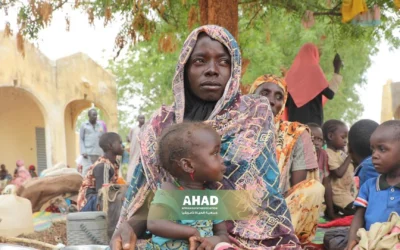Obstacles to development in Africa
Africa faces great challenges on the path of development, despite the fact that it is rich in natural resources and has enormous human potential. These challenges are due to a combination of historical, economic, environmental, social and political factors that hinder the continent’s progress towards achieving sustainable development. The following is a comprehensive look at these obstacles and how to address them.
Obstacles to development in Africa: historical, economic, environmental and social challenges
The legacy of colonialism:
European colonialism has left a deep imprint on African economies, reshaping them in a way that serves its own interests. The colonists forced local communities to grow cash crops such as cotton and coffee, instead of the staple food crops that were the mainstay of the traditional diet. This radical change in agricultural systems led to the deterioration of food security and the continuation of economic dependence. In addition, the colonialists arbitrarily drew the borders of states without taking into account ethnic and cultural distributions, which led to the emergence of ongoing conflicts after independence, as ethnic groups were divided into several states, or conflicting groups were gathered in the same state.
Civil wars and conflicts:
Armed conflicts and internal conflicts are one of the biggest obstacles to development in Africa. These conflicts lead to the destruction of vital infrastructure such as roads, bridges, hospitals and schools, and disrupt agricultural and commercial activities, exacerbating poverty and hunger rates. In addition, conflicts are increasing internal displacement and asylum situations, as millions are forced to leave their homes and lands, leading to the loss of their livelihoods and exacerbating the humanitarian crisis.
Poverty:
High poverty rates in Africa are one of the biggest obstacles to development. Many Africans live below the poverty line, which limits their ability to meet their basic needs for food, education and health care. This extreme poverty prevents people from investing in improving their lives and businesses, and makes them vulnerable to economic and environmental crises. In addition, young Africans suffer from a lack of suitable job opportunities, which contributes to high unemployment and illegal immigration, in search of better opportunities elsewhere.
Dependence on foreign aid:
Many African countries rely on external food and financial assistance to meet their basic needs. Although such assistance helps to alleviate immediate crises, it creates a situation of dependence and prevents the development of sustainable local solutions. The external debt burdens suffered by some African countries also consume a large part of their budgets, reducing the ability to invest in vital sectors such as agriculture, health and education.
Climate change:
Climate changes are a major challenge for agriculture in Africa. These changes lead to the frequency and severity of droughts and floods, which negatively affect agricultural yields and lead to food shortages. Rising temperatures and changing rainfall patterns affect the quality and quantity of water available for irrigation, increasing the problem of desertification and limiting the ability to produce food sustainably.

Desertification and land degradation:
Desertification processes and land degradation lead to a decrease in soil fertility and a reduction in arable areas. Unsustainable use of resources, such as unfair logging and excessive land use, increases environmental degradation and threatens food security. These changes make it difficult for farming communities to achieve sufficient productivity to meet the needs of the growing population.
Corruption and mismanagement:
Corruption and mismanagement are two major challenges to development in Africa. Corruption diverts resources away from vital sectors such as agriculture, health and education, hindering development and increasing poverty. The lack of transparency and accountability in resource management disrupts the equitable distribution of wealth, which weakens the effectiveness of development initiatives and increases economic and social gaps.
Rapid population growth:
Many African countries are experiencing rapid population growth, which increases the pressure on food resources and infrastructure. Without improvements in agricultural and economic production, it is difficult to meet the needs of a growing population. This rapid population growth requires huge investments in education, health, and infrastructure to ensure a decent life and a sustainable future for future generations.
Development constraints in Africa pose a major challenge that requires sustained and cooperative efforts by governments, international organizations and local communities. By adopting comprehensive strategies and addressing the root causes, the development situation on the African continent can be improved and enabled to achieve a bright and sustainable future.

Sustainable solutions to Africa’s development challenges
Promoting sustainable agriculture:
– The use of modern technologies such as drip irrigation and vertical farming to increase production efficiency.
– Sustainable soil management and rainwater harvesting systems to cope with water shortages.
– Planting diverse and drought-resistant crops to enhance food security.
Investment in infrastructure:
– Construction and improvement of roads and bridges to ensure efficient access of agricultural products to markets.
– Establishment of modern storage facilities to reduce crop losses after harvest.
– Using solar and wind energy to power irrigation systems and increase agricultural productivity.
Improving governance:
– Promote transparency and apply strict anti-corruption laws to use resources efficiently.
– Improve agricultural data collection and analysis systems and food distribution to make effective decisions.
Education and outreach:
– Implementation of educational programs to sensitize people to the importance of food diversity and proper nutrition.
– Provide training courses for farmers on best agricultural practices.
– Promote the cultivation of local crops and protect biodiversity to increase resistance to disasters and diseases.
Addressing the obstacles to development in Africa requires sustained and cooperative efforts that include the adoption of multidimensional strategies. By improving sustainable agriculture, investing in infrastructure, strengthening governance, as well as education and awareness raising, tangible progress can be achieved in the development situation in Africa. These steps are essential to achieving a bright and sustainable future for the African continent.
AHAD association: towards sustainable development in West and Central Africa
AHAD Association is a non-profit organization operating in the heart of the African continent, focusing its efforts on improving the quality of life of the poor and disadvantaged in the countries of Central and West Africa. AHAD is a pioneer in the fields of health, education, water, and economic development, by adopting strategies that promote community participation and empower local people to contribute to building their communities.
AHAD projects and objectives
– Building Clinics, providing medicines and health awareness.
– Implementation of campaigns to prevent common diseases such as malaria and HIV (AIDS).
– Building new schools and renovating old schools to provide a suitable learning environment.
– Provide training courses for teachers to improve the quality of Education.
– Drilling wells and providing clean water sources for communities suffering from water shortages.
– Organizing awareness campaigns on hygiene and optimal use of water
– Facilitate individuals ‘ access to micro-loans to support small and medium enterprises.
– Provide training programs to enhance the skills of individuals and increase their economic opportunities.
You can visit the AHAD website to find out more about the projects it offers
ALSO READ
WHAT THE FOOD BASKET CONTAINS IN AHAD
Join us in our message




